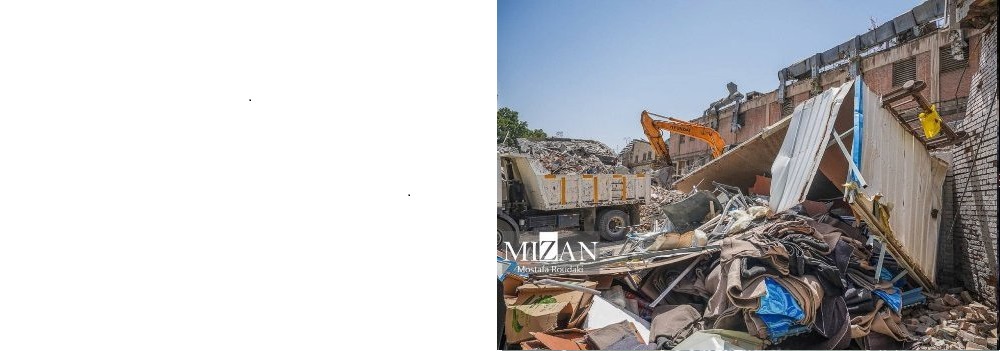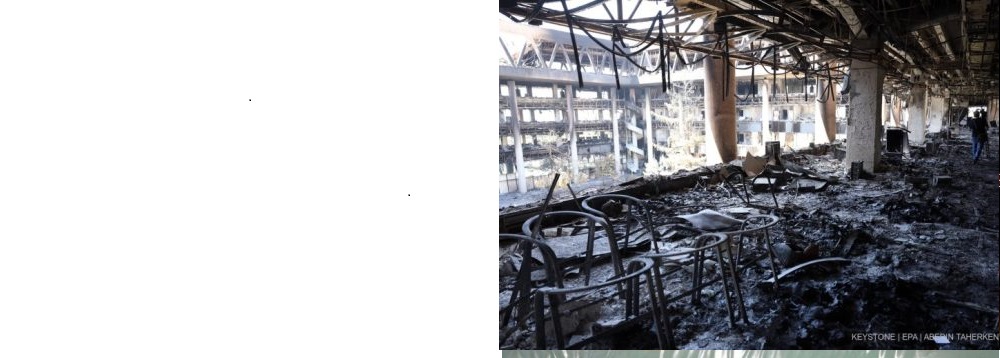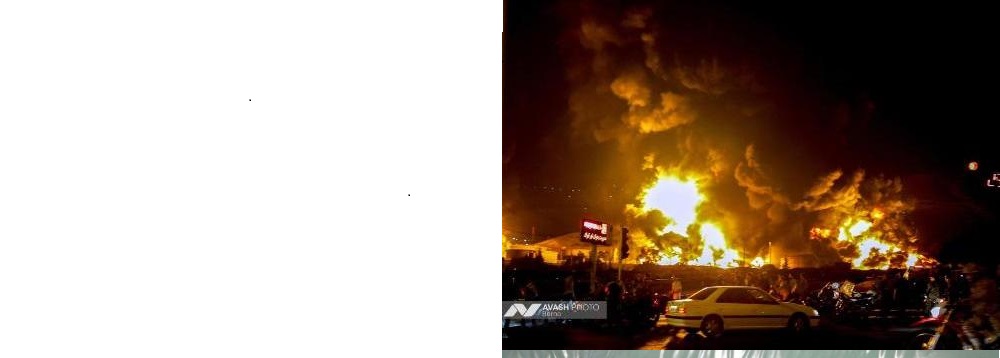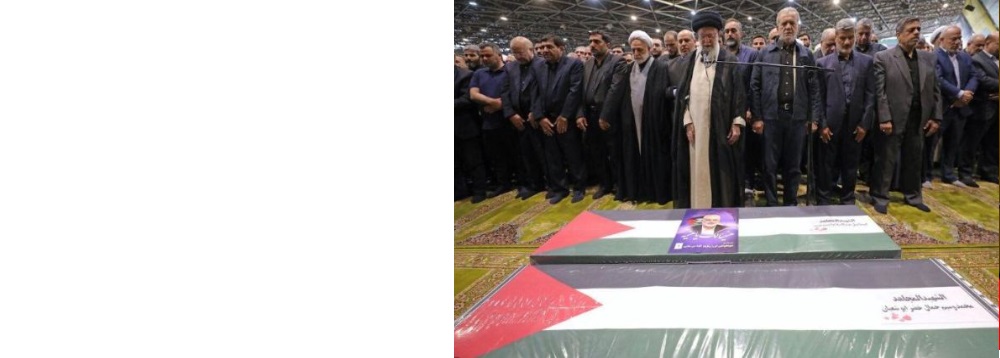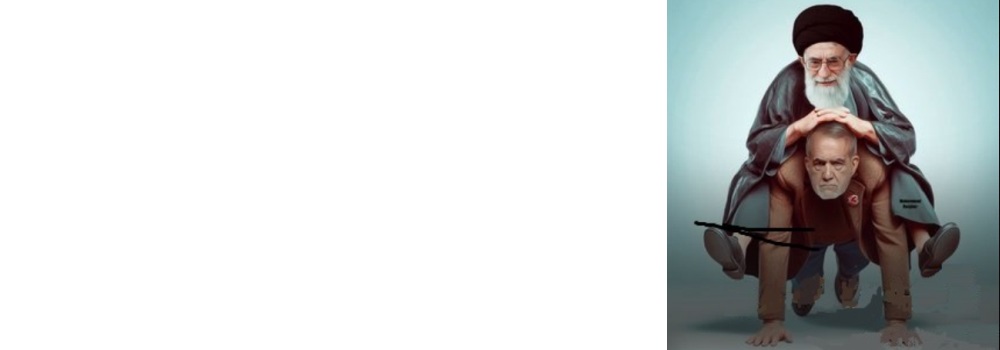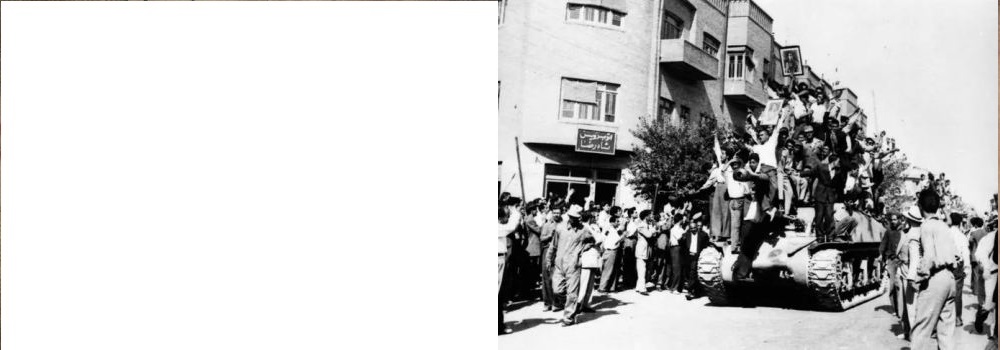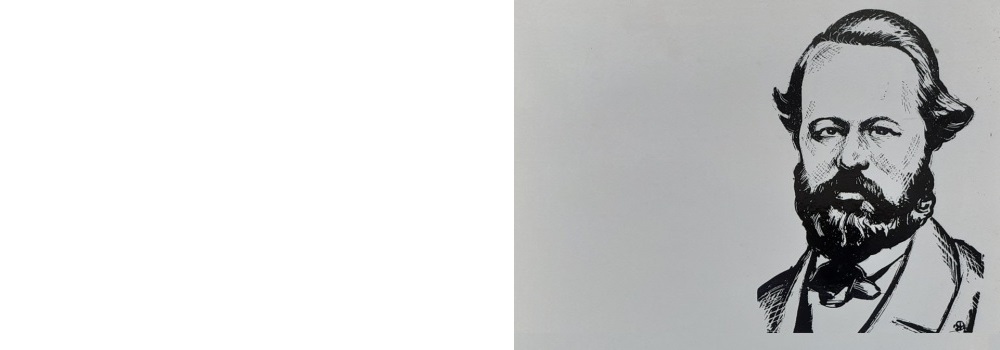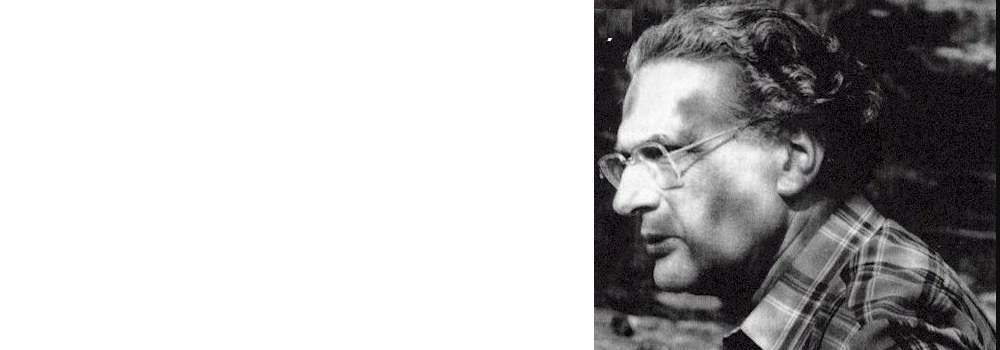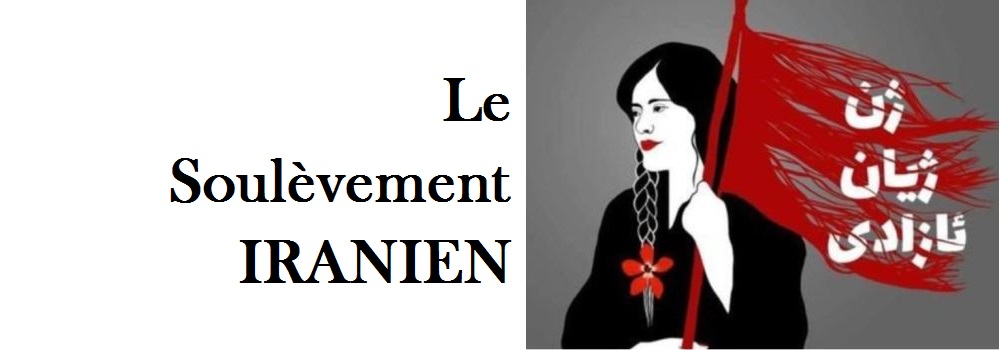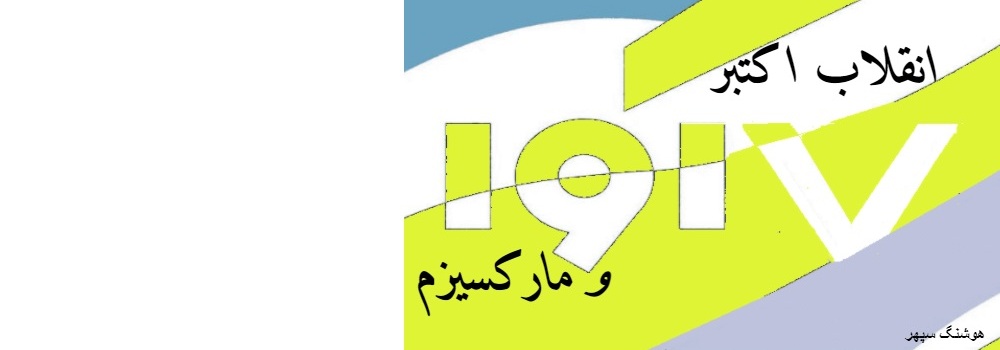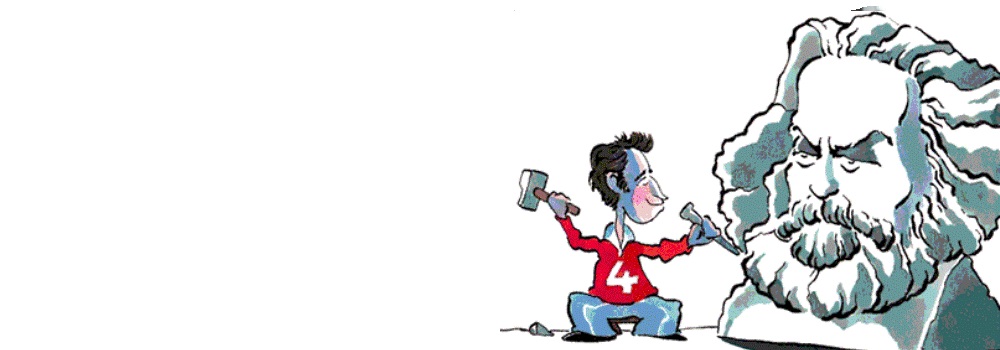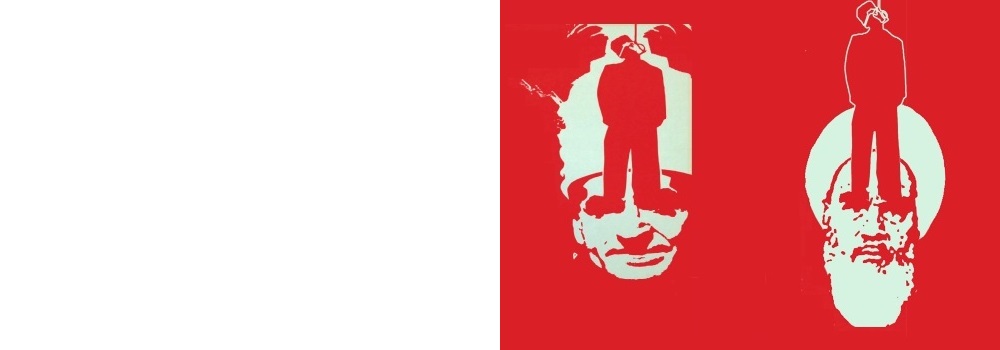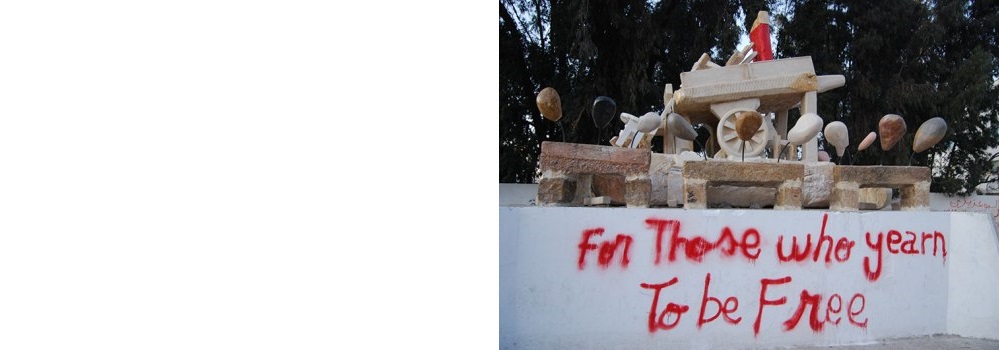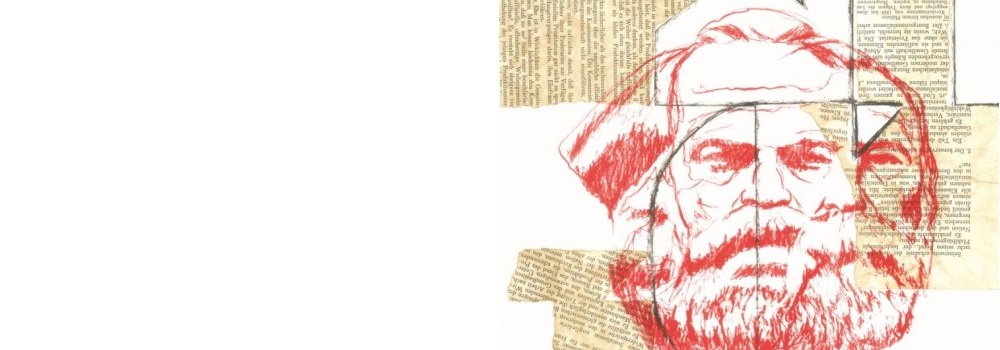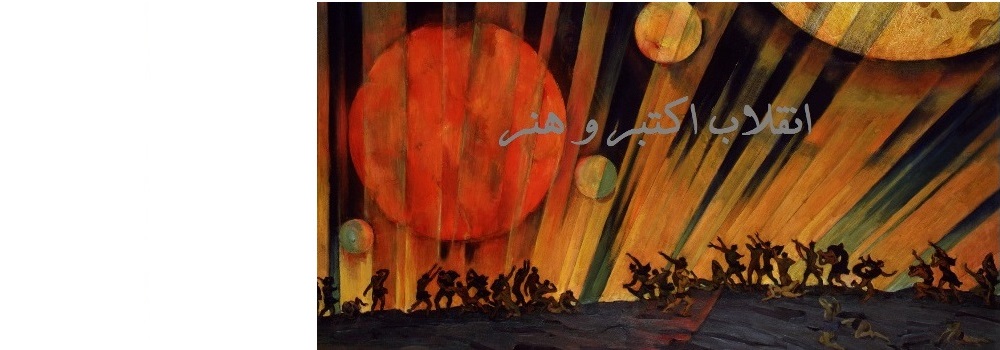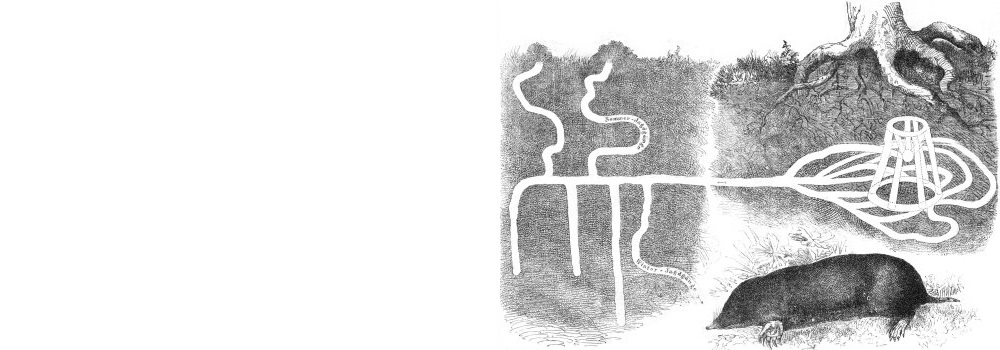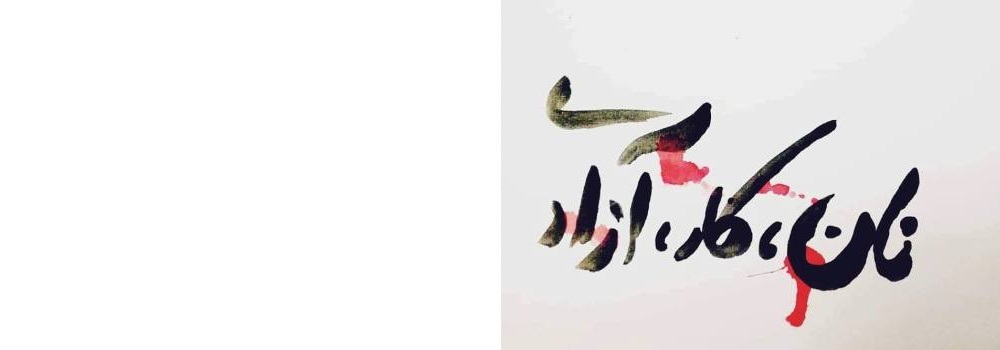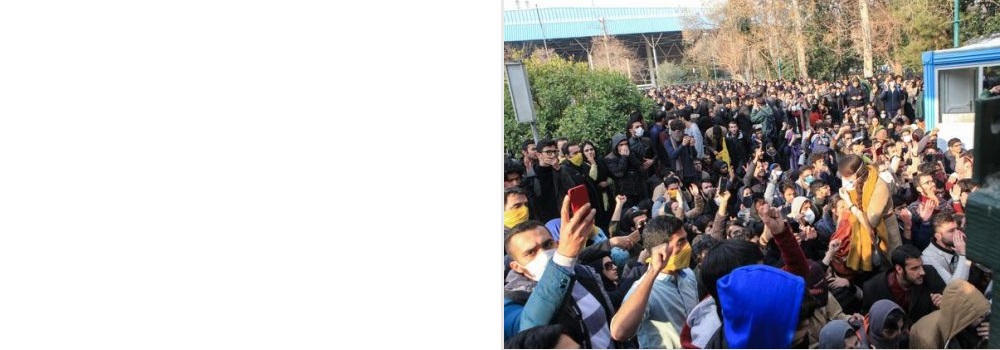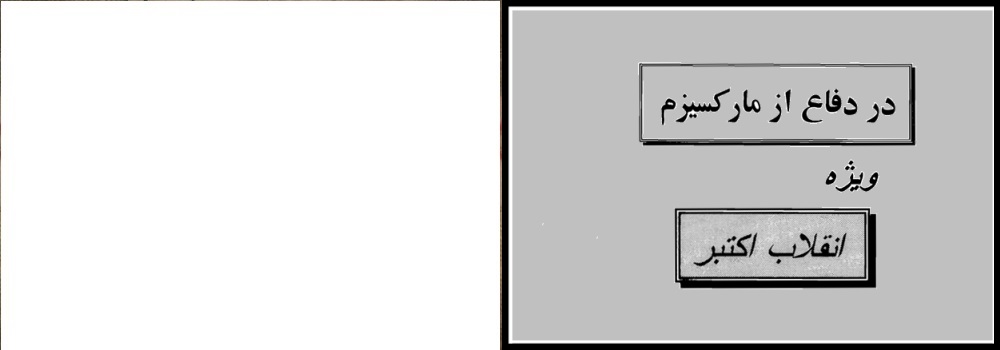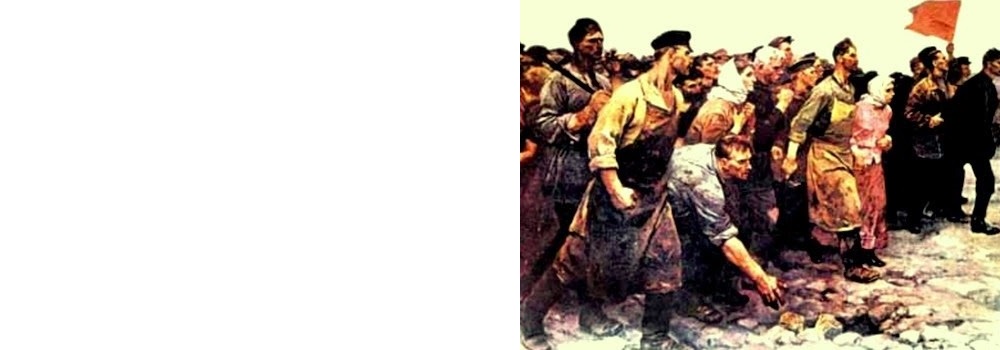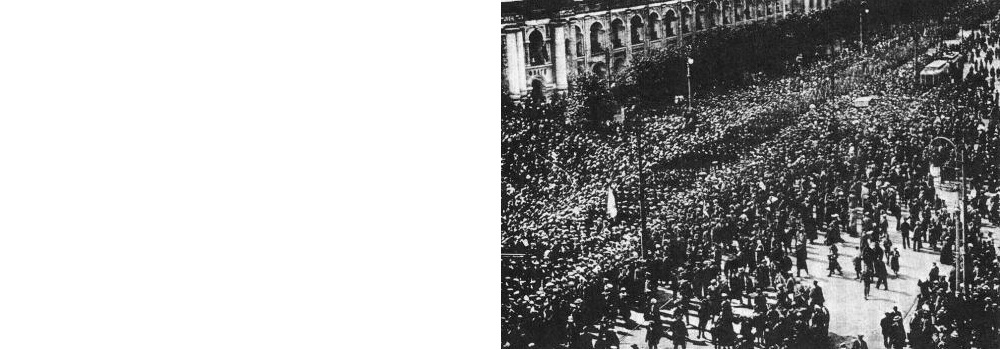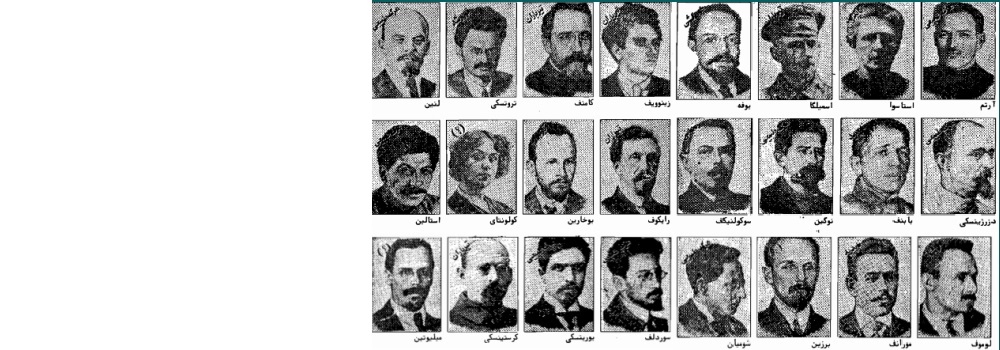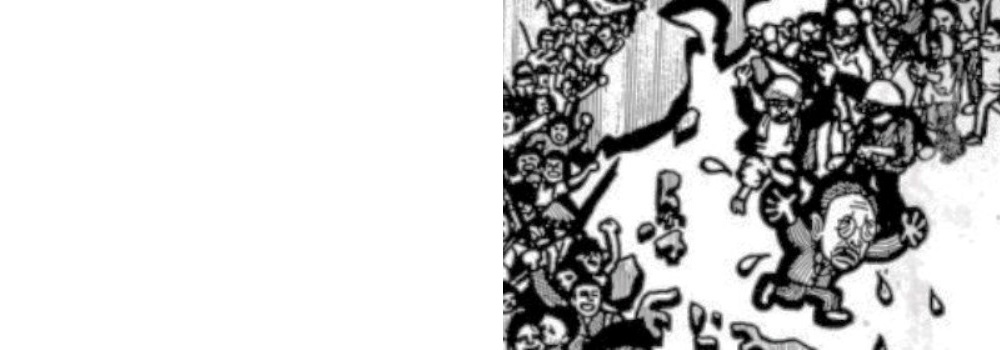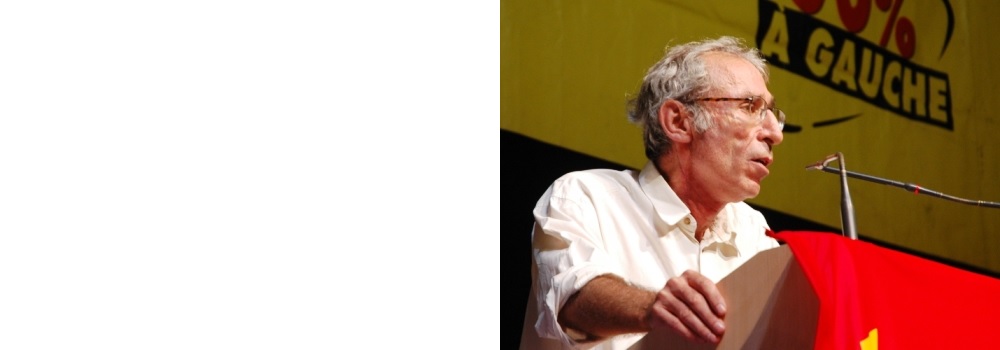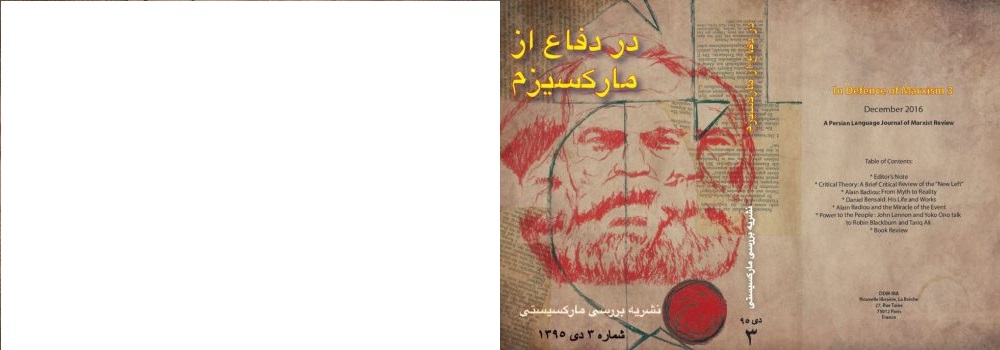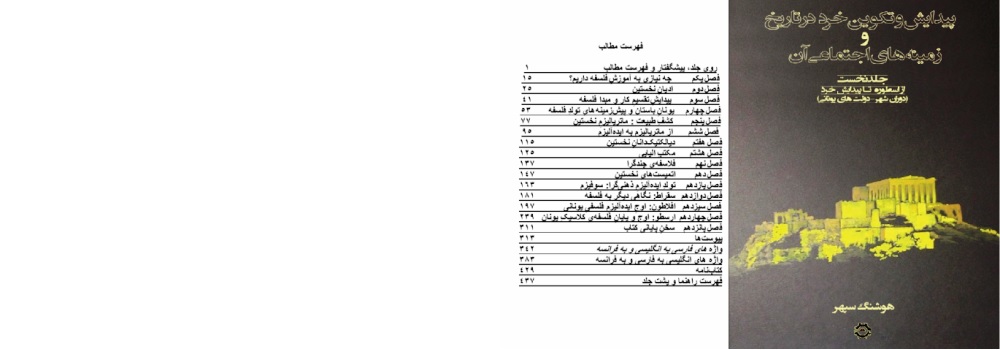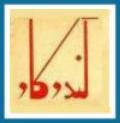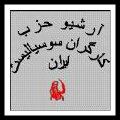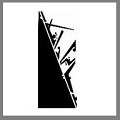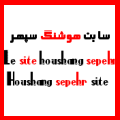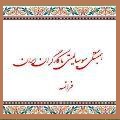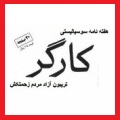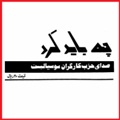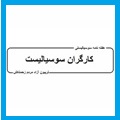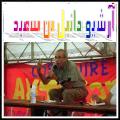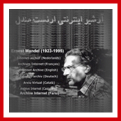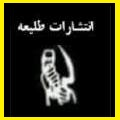La guerre Israël-Iran après le «cessez-le-feu»
Houshang Sepehr was born on October 4, 1945, in Iran. He studied physics in Iran under the Shah’s dictatorship. In 1970, he went to London to continue his studies. It was there that he began his political activism. The political landscape in London was very different from that of Tehran. The three major movements — against the Vietnam War, against apartheid in South Africa, and for nuclear disarmament — drew him toward leftist ideas. He soon joined the International Marxist Group (IMG), the British section of the United Secretariat of the Fourth International (USFI). He joined the IMG because it was anti-imperialist, internationalist, and non-dogmatic — qualities he found most appealing.
In the following years, together with other Iranian Trotskyists in Europe, he formed a political group in opposition to Stalinism, Maoism, and the guerrilla tendencies that were very popular at the time among Iranian students abroad. Defining itself as Trotskyist, this group established a direct link with the Fourth International – United Secretariat (USec). Its activity was based on the approach of Trotsky’s Transitional Program and the first four congresses of the Communist International.
In London, during the 1970s, he took part in editing a theoretical and political journal called Kand-o Kav (Analysis), which promoted revolutionary Marxism. The group also consistently defended human rights in Iran and the rights of political prisoners by creating the Committee Against Repression in Iran (CARI).
In January 1979, with the beginning of the revolution in Iran, the group moved back to Iran. It was during the Iranian Revolution of 1979 that the unification congress of Iranian Trotskyists took place. This congress brought together, in particular, supporters of the United Secretariat of the Fourth International (USec) and those of the Socialist Workers Party (United States). Following this congress, in February 1979, the Socialist Workers Party of Iran (Hezb-e Kargaran-e Socialist – HKS) was founded. The orientation of the HKS was focused on building a workers’ organization in Iran.
A few months after the unification, a class-collaborationist faction (composed solely of members originating from the American SWP), which held illusions about Khomeini’s clerical-bourgeois regime in Iran, emerged. A split occurred very early on, and this faction left the party. It continued its “collaborationist” activities under the name Revolutionary Workers Party (Hezb-e Kargaran-e Enghelabi – HKE), until it dissolved a few years later.
Between 1979 and 1983, the HKS party published several weekly newspapers: Kargar (Workers), Kargar-e Socialist (Socialist Workers), Che Bayad Kard (What Is to Be Done?), and Nazm-e Kargar (The Workers’ Order Review). A publishing house called Tali-e (The Vanguard) translated works from classical Marxist literature into Persian. All of these publications can be consulted on the HKS Archive website created by Sepehr.
Sepehr participated in the founding of the HKS and was an active member. In 1981, he was expelled from the university for his political activities and forced to live underground. In 1983, following the regime’s brutal repression of the left, a few surviving members of the HKS were forced to leave the country and go into exile abroad.
In Paris, despite their very difficult circumstances, they continued their activities and published a new theoretical and political journal called Socialisme va Enghelab (Socialism and Revolution), which remained in circulation until 1989.
Sepehr has been collaborating with the French section of the Fourth International and writes articles on the political situation in Iran for its newspapers and journals. Since his exile, Sepehr has been working toward building an organized national workers’ movement in Iran. He particularly emphasizes the central role of the working class in the revolution and the need to move beyond traditional forms of protest or disorganized struggle.
For the past two decades, he has been leading Solidarité Socialiste avec les Travailleurs en Iran – France (STII), the association he founded with other Iranian activists in exile in France, with the aim of launching a campaign against repression in Iran in general, and particularly to amplify the voices of the Iranian working class. He is also responsible for its website, Echo d’Iran.
In 2010, he took part in the creation of an inter-union collective composed of the French trade union federations CGT, CFDT, FSU, Union syndicale Solidaires, and UNSA. This inter-union group is actively involved in providing regular support to the exploited and oppressed people of Iran.
Alongside his organizational and solidarity activities, Sepehr has an extensive body of publications to his credit: the newsletter Echo d’Iran (in French), the Persian translations of around a couple of dozen works of classical Marxist literature (Trotsky, Lenin, Mandel, etc.), the publication of the journal in Defense of Marxism (in Persian), and more.
